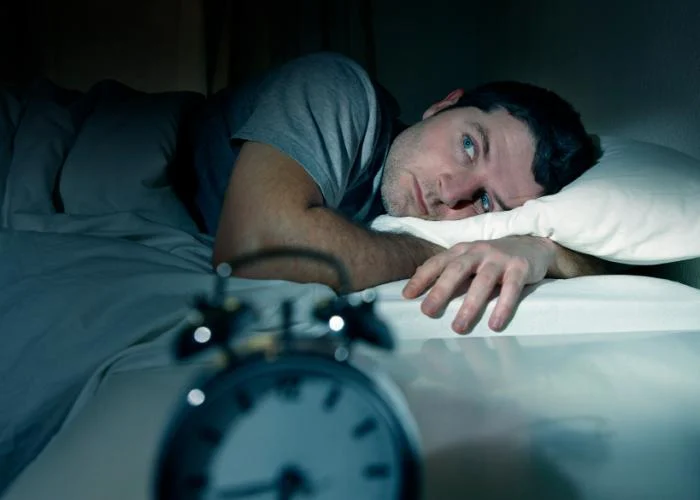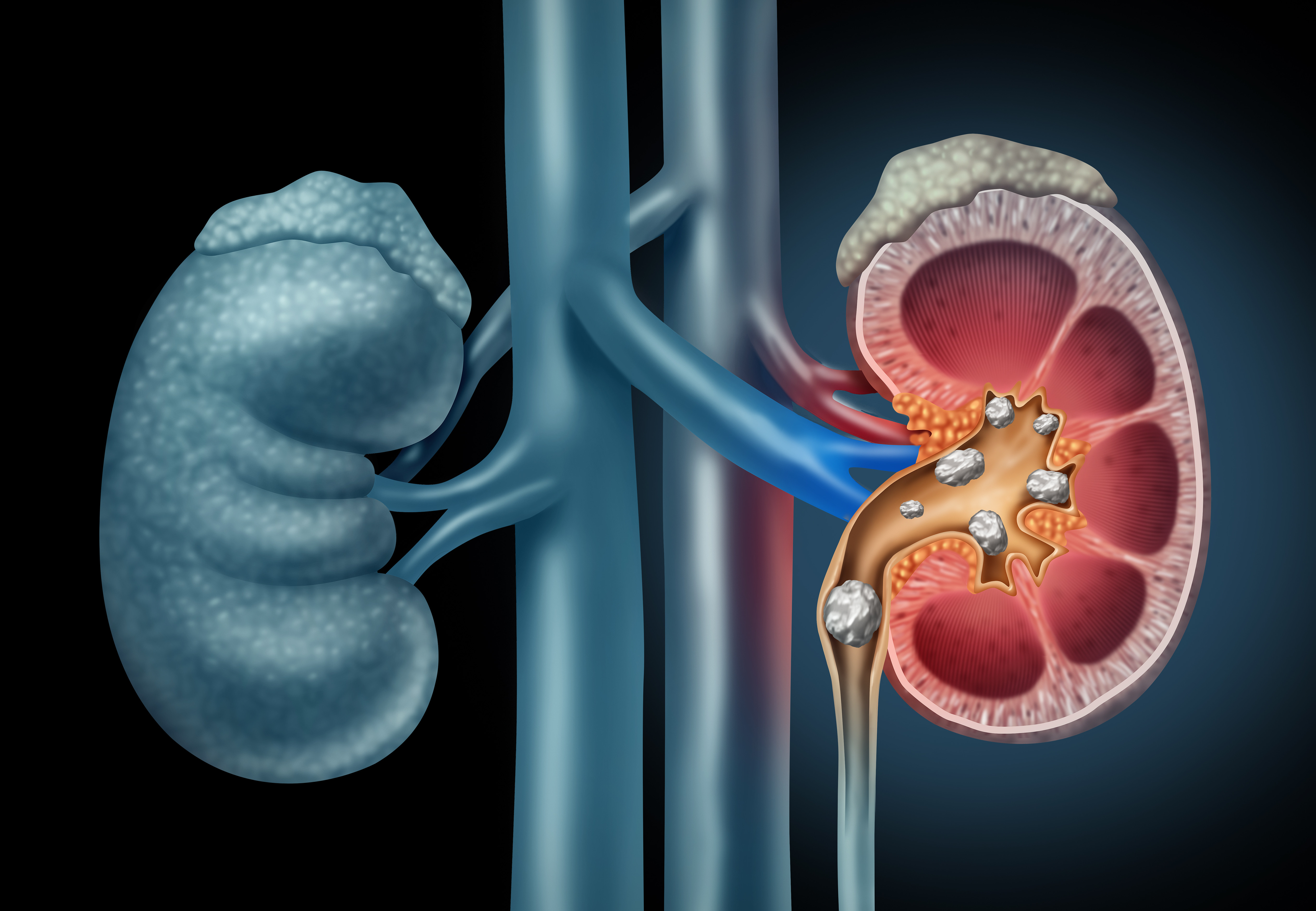
Nocturia
Nocturia is a condition characterized by frequent urination at night. It is considered a normal condition if the number of night-time urinations is the same as or less than the number of urinations during the day. However, if a person is waking up more than twice a night to urinate, it's considered as nocturia.
Nocturia can be caused by a variety of factors, including:
- Age-related changes in the bladder and urinary tract
- Chronic conditions such as diabetes, heart failure, and kidney disease
- Medications that increase urine production, such as diuretics
- Drinking fluids before bedtime
- A urinary tract infection
- Interstitial cystitis, a chronic condition that causes bladder pain and frequent urination
- Bladder or prostate cancer
- An enlarged prostate (BPH)
Treatment for nocturia depends on the underlying cause. For example, if nocturia is caused by a urinary tract infection, antibiotics will be prescribed to clear the infection. If the condition is caused by an enlarged prostate, medication or surgery may be used to reduce the size of the prostate.
If nocturia is related to age-related changes, lifestyle changes can be helpful in managing the condition such as:
- Limiting fluid intake before bedtime
- Avoiding caffeine, alcohol, and spicy foods
- Practicing good hygiene
- Using the bathroom before bed
- Incorporating pelvic floor exercises (Kegel)
It's important to consult a healthcare provider for an accurate diagnosis and personalized treatment plan. In some cases, a combination of treatments may be needed to effectively manage the condition. And, if the underlying cause of nocturia is not identified, it may be a symptom of an underlying condition that should be treated.







